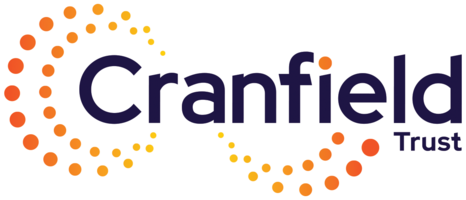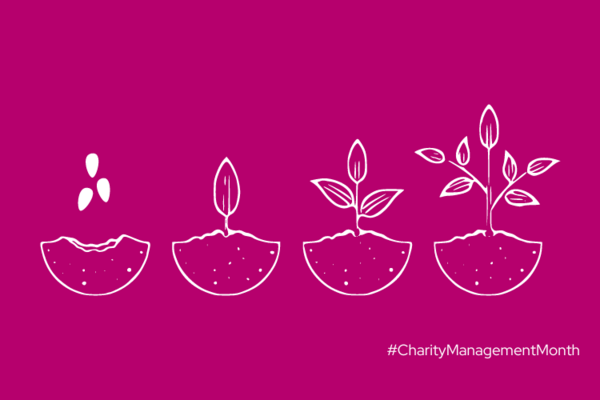At Cranfield Trust we’ve been talking a lot about resilience - everyone seems to be talking about it because it’s what will help us all get through these challenging times.
I recently delivered a session on resilience, in partnership with Cristina Otelea of The Berkeley Foundation as part of the London Funders’ Festival of Learning, and outline my insights in this blog.
Cranfield University’s 2017 definition is a good one to use when thinking about resilience:
“Improved ability to anticipate, prepare for, respond and adapt to incremental change and sudden disruptions in order to survive and prosper.”
In our session, Cristina and I both talked about the key building blocks for resilience that the Berkeley Foundation has defined through its Resilience Fund – and how they need to be viewed holistically, to strengthen organisation management. Here are my reflections on the five building blocks:
Clear mission and plan: clarity and communication on the organisation’s direction is vital. Many organisations have a very strong sense of purpose, but the process of articulating a plan helps to bring people together and focus on defined activities, aligning views. It’s especially important in an uncertain environment, to give a strong sense of direction and shared knowledge amongst internal and external stakeholders.
Financial sustainability: what we mean by ‘sustainable’ can vary from organisation to organisation, as some charities’ focus is on earned income, others on fundraising, or a combination of both. For Cranfield Trust, cash is king – having a cashflow forecast gives organisations a forward view and enables them to make timely decisions on cost management. Without this, it’s hard to get a real view of the financial future – budget forecasts don’t give the whole picture, and unrestricted reserves are quite a blunt instrument.
One thing that we see quite often in our client charities is how hard it is to put together a strong enough ‘Plan B.’ Exploring different financial scenarios – what might happen – is so important, and looking at the worst possible case helps to face our worst fears. I always think of it as looking over the edge of the cliff – we need to see where the real bottom is, because once we know that, anything higher up is positive. Facing the worst case is also helpful emotionally for management teams and Board members in preparing for all eventualities.
Effective leadership: it’s hard to have a resilient organisation without resilient leaders and people. We are seeing high levels of stress and, in some cases, burnout, amongst leaders and work to support individuals with mentoring and peer support, to help them feel less isolated, to discuss their challenges, and to rehearse decisions. It’s not uncommon for Boards not to add value, but to add to stress for leaders and managers, and working on improving governance and teamwork can be time well spent to develop a more positive, supportive Board.
Operations fit for purpose: this is also very specific to individual organisations, but we need to be realistic about what can be achieved, and not to come to rely on regular additional time from staff, or people stretching themselves. A focus on process improvement can make a real difference, cutting out steps and activities which do not add value. Good business plans help to clarify resource needs and to support fundraising.
People and culture: I started this blog with the management guru Peter Drucker’s quote:
‘culture eats strategy for breakfast’.
He’s saying that, even with a great strategy, unless we have a culture which empowers and supports people, we won’t achieve our plans.
When everyone is overstretched and working to respond to the growing needs of our beneficiaries it’s really difficult to find time to focus on activities that support a positive culture. We are all experiencing the recruiting and retention problems of the workforce crisis, and the effects of the cost of living crisis on our team members. Without resilient and supported people who can give their best, our organisations will not do their best. Making time and paying attention to organisation values and culture is not a nice to do, it’s vital to our survival.
At Cranfield Trust, we’ll keep talking about resilience, and keep working on our own building blocks, alongside providing free management support, advice, learning and guidance to the hundreds of charities who work with us each year. Organisation development and building resilience is never ‘done’ – but we benefit so much from each step forward.
The Berkeley Foundation is planning to launch the fourth year of its Resilience Fund in 2025, which aims to support small-to-medium sized organisations to invest in organisational development and build resilience for the future. More information about the fund can be found on the Berkeley Foundation website.




